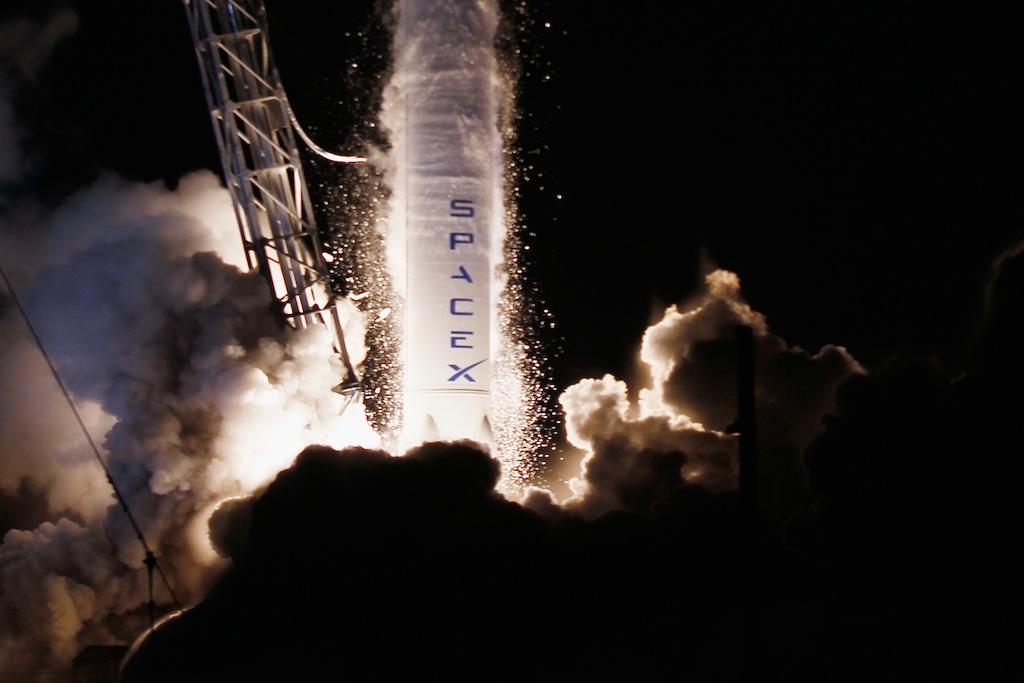SpaceX capsule safely lands in Pacific Ocean
The SpaceX Dragon capsule successfully docked with the International Space Station on October 10, 2012.
SpaceX's Dragon capsule made a successful splash down in the Pacific Ocean Sunday, ending the commercial cargo capsule's first official mission, reports CNET.
"SpaceX's Dragon capsule splashed down in the Pacific Ocean at 3:22 p.m. EDT a few hundred miles west of Baja California, Mexico, marking a successful end to the first cargo delivery flight contracted by NASA to resupply the International Space Station," the space agency said on its website.
Recovery ships were on hand to pluck Dragon out of the ocean, where it landed using a parachute.
Dragon returned to Earth carrying 1,600 pounds of cargo including nearly 500 frozen biomedical specimens collected since July 2011, reports Aviation Week.
"We see her moving aft and away from us out of the keep-out sphere," Expedition 33 commander Sunita Williams said as the Dragon capsule left the space station.
"It was nice while she was on board. We tamed her, took her (on board) and literally and figuratively, there's a piece of us on that spacecraft going home to Earth, Williams said.
The "piece of us" that Williams referred to are the biological samples, including urine, packed aboard the cargo ship, reports CNET.
Dragon arrived at the International Space Station on October 10 carrying clothes, equipment and food, including ice cream, for the astronauts docked at the station.
The trip marked the first time a private company has been contracted to resupply the station after NASA's fleet of shuttles is retired.
California-based SpaceX inked a $1.6 billion contract with NASA to embark on a dozen such resupply missions.
The story you just read is accessible and free to all because thousands of listeners and readers contribute to our nonprofit newsroom. We go deep to bring you the human-centered international reporting that you know you can trust. To do this work and to do it well, we rely on the support of our listeners. If you appreciated our coverage this year, if there was a story that made you pause or a song that moved you, would you consider making a gift to sustain our work through 2024 and beyond?
